Photographs: Uttam Ghosh/Rediff.com Parizad Sirwalla and Nishit Kapadia
The Budget day is generally awaited by the aam aadmi in the hope that the amendments will mean more money for him.
As the Budget day approaches, the expectations of the common man soar up. With the increase in the inflation levels and the rise in the prices of essential commodities, one would look forward to changes which increase the disposable income.
However, with the Direct Taxes Code to come into force from April 1, 2012, at most a midway path in terms of transition to the DTC may be expected in this Budget.
Few provisions which are generally top priority for the common man are discussed here:
. . .
Parizad Sirwalla is executive director, KPMG, and Nishit Kapadia is director, KPMG.
Personal tax: This is what the common man wants!
Photographs: Uttam Ghosh/Rediff.com
Enhancing the tax slab limit for individuals
An increase in the basic exemption limit to Rs 2 lakh (Rs 200,000) for individuals (below 65 years of age) vis-a-vis the current limit of Rs 1.60 lakh (Rs 160,000) would be a welcome change.
For senior citizens, the limit could be re-fixed at Rs 2.50 lakh (Rs 250,000), against the existing limit of Rs 2.40 lakh (Rs 240,000).
Currently, the highest tax bracket of 30 per cent is applicable to income above Rs 8 lakh (Rs 800,000) per year. This limit could be enhanced to Rs 10 lakh (Rs 1 million), thereby resulting in some savings and also aligning the slabs with the proposed Direct Taxes Code.
It is noteworthy that as India slowly, but steadily, progresses with the transition from a developing nation to a developed nation, it is imperative that the tax regimes are also in line with developed nations around the world.
. . .
Personal tax: This is what the common man wants!
Photographs: Uttam Ghosh/Rediff.com
Changes like increase in the speed of functioning of the Income Tax department, putting the process of allotment of the Unique Identification Number on the fast track would bring about financial harmony and benefit the nation at large.
The government could also align the tax regime with the developed nations. While countries like the United Staes and the United Kingdom are higher with peak tax rates of 35 per cent and 50 per cent, respectively, these peak rates trigger at a much higher threshold of annual income of approximately Rs 1.69 crore (Rs 16.9 million) and Rs 1.07 crore (Rs 10.7 million), respectively.
. . .
Personal tax: This is what the common man wants!
Photographs: Uttam Ghosh/Rediff.com
Higher housing interest deduction
The deduction towards interest on housing loan has historically remained unchanged at Rs 1.50 lakh (Rs 150,000) per annum for self-occupied property. However, owing to unprecedented rise property prices over the last couple of years, the amount of loan and consequently, the outflow for home loan borrowers has increased.
An increase in the limit of deduction for interest would provide some relief to the borrower and could in turn perk up the demand for houses.
. . .
Personal tax: This is what the common man wants!
Photographs: Uttam Ghosh/Rediff.com
Allowing more deductions from taxable income
Currently, a deduction up to maximum of Rs 1 lakh (Rs 100,000) per annum is allowed towards prescribed investments such as Life insurance premium, ELSS, housing loan principal repayment, specified fixed deposits, PPF, NSC, etc.
Also, an additional deduction of Rs 20,000 per annum is permitted towards investment in notified infrastructure bonds.
An increase in these limits of deduction could result in a double benefit. Where, on the one hand, individuals would be prompted to invest in these instruments to secure their future, on the other hand, this would increase the cash inflow to the government enabling it to pool these additional funds and utilise them for meeting the development needs of the country.
Given the limits of Rs 150,000 prescribed in the DTC, people are expecting some relief here. >
. . .
Personal tax: This is what the common man wants!
Photographs: Uttam Ghosh/Rediff.com
Medical costs
The costs of availing medical attention are increasing with every passing day. Currently, an exemption for reimbursement of medical expenses on the treatment of employee or his family members is available up to Rs 15,000 per annum.
The government may consider revising the exemption limit from the existing Rs 15,000 to a more realistic level of Rs 50,000. This will also be in line with the limits prescribed in the DTC.
The entire nation awaits the final verdict on February 28, 2011. Until then, we can only keep our fingers crossed.
. . .
Personal tax: This is what the common man wants!
Photographs: Uttam Ghosh/Rediff.com
Removal of education cess
The DTC also proposes to abolish education cess which is currently applicable at the rate of 3 per cent on tax.
There is a continuous demand from various bodies to abolish this cess, phasing out the same in the upcoming Budget itself would certainly provide some respite to the tax payer in terms of increasing his net disposable income.
. . .
Personal tax: This is what the common man wants!
Photographs: Uttam Ghosh/Rediff.com
Inflation, the double edged sword
While the aam aadmi would expect higher disposable income from every Budget, this could mean further fuelling inflation.
To this extent, Finance Minister Pranab Mukherjee has to walk the tightrope to strike a fine balance between reducing taxes and controlling inflation.
Parizad Sirwalla is executive director, KPMG, and Nishit Kapadia is director, KPMG.



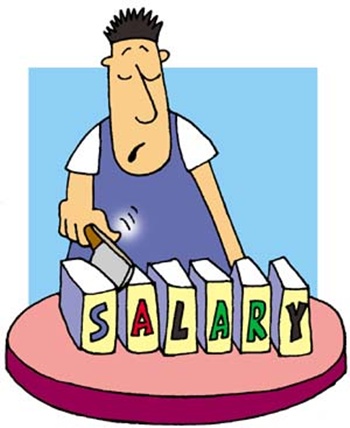

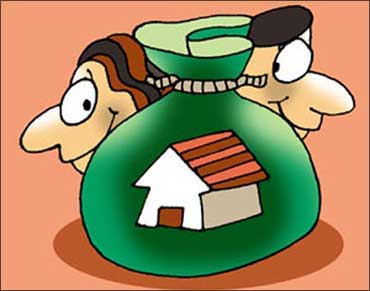
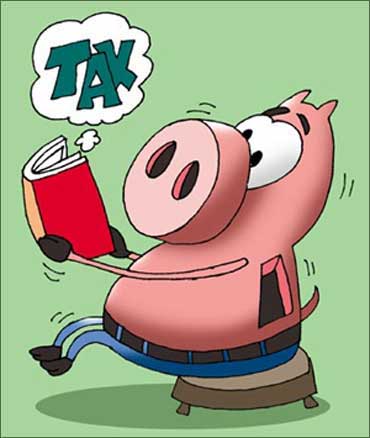
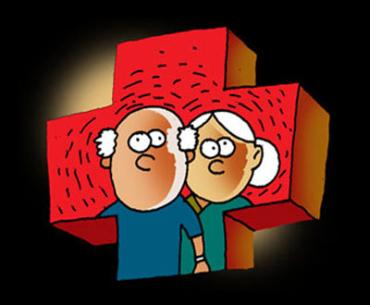

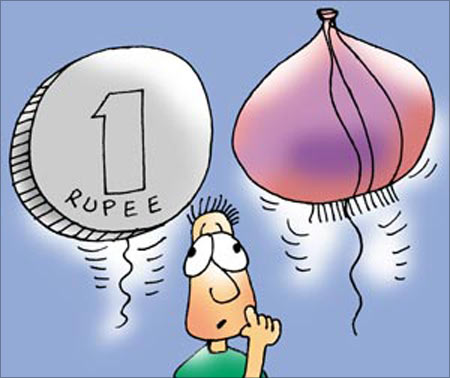
article